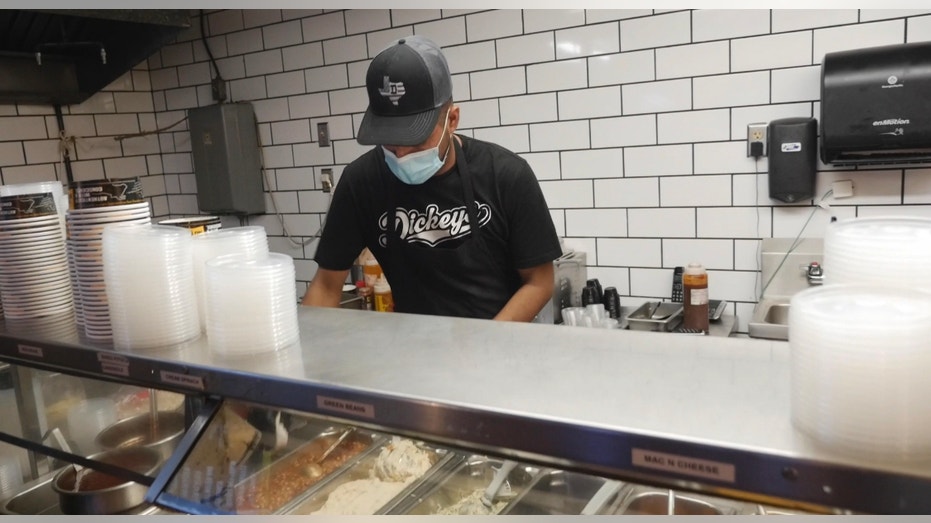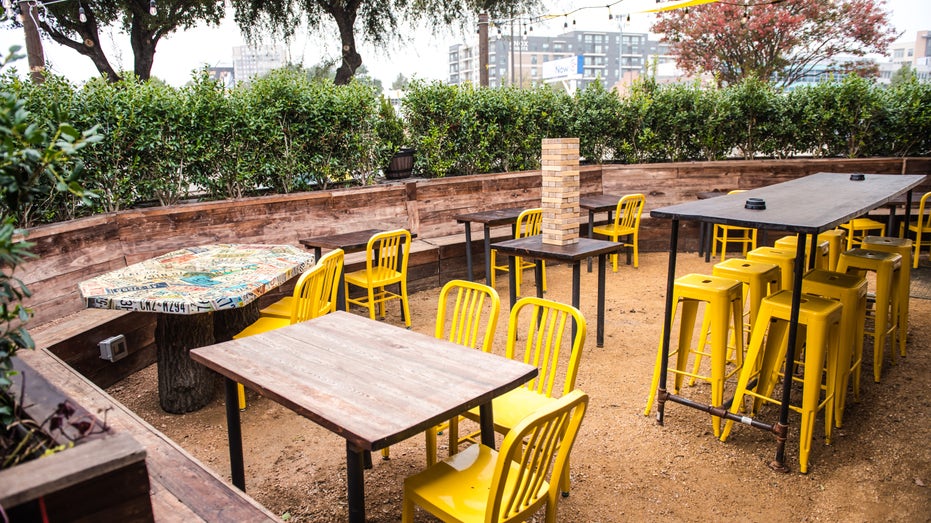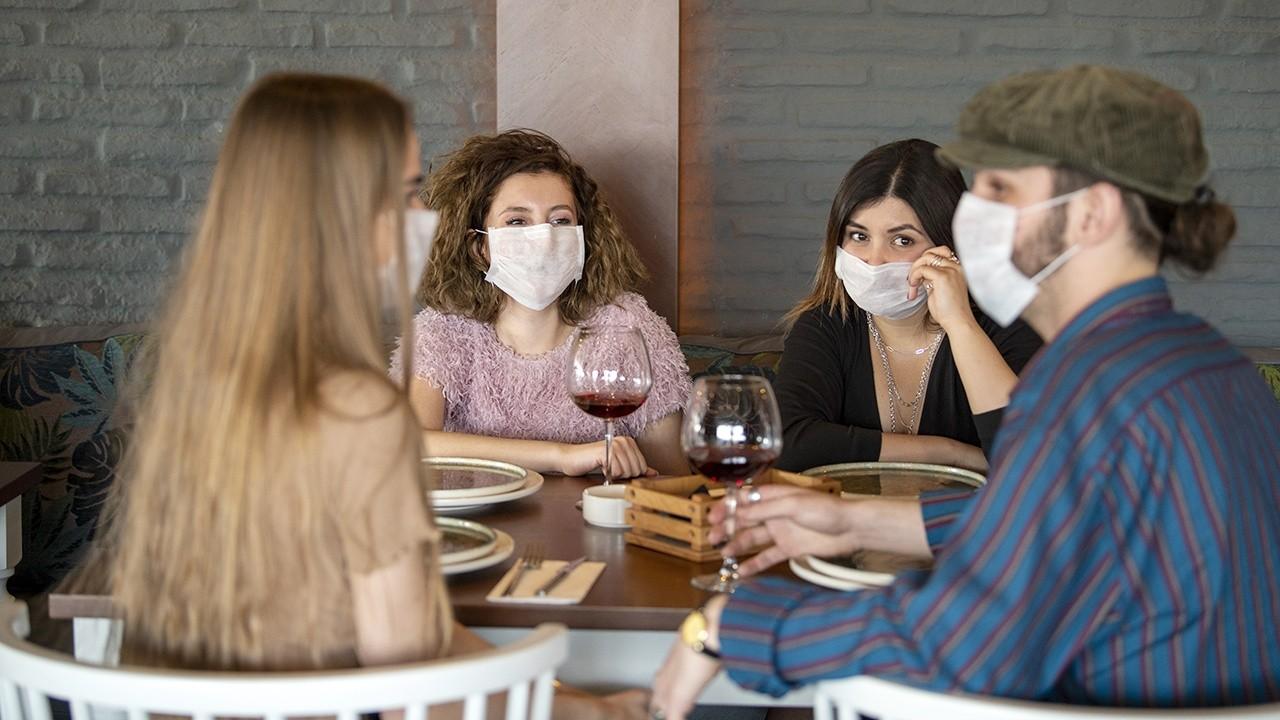CDC report that dining out risks COVID-19 transmission based on 'false assumptions': industry
'Not all restaurants are the same. We don’t serve the same, and we don’t operate the same'
Dining out now poses a significant risk for COVID-19 transmission, according to a new CDC report that comes as many states begin to lift restrictions on restaurant guidelines. The announcement has set off a clash with the flailing industry, and many restaurant owners and coalitions are refuting CDC claims based on "false assumptions."
YELP FINDS 60% OF CORONAVIRUS-DRIVEN BUSINESS CLOSURES PERMANENT, WITH RESTAURANTS HARDEST HIT
Adults who test positive for coronavirus are twice as likely to have reported dining at restaurants within the past two weeks, whether it's indoor, patio or outdoor seating, the study shows. Evidence pointing to a higher likelihood of contraction hinges on activities where masks are not worn and there are greater threats to exposure, including on-site eating or drinking. The CDC advised that efforts to reduce possible exposure at these types of locations “should be considered to protect customers, employees and communities.”
The National Restaurant Association issued a detailed memo on the flawed conclusions and lack of evidence to the CDC’s claim that the systematic spread of coronavirus can be pinned to restaurants that are abiding by safety protocols.
“In effect, the lack of a direct correlation should be evidence that, when restaurants demonstrate effective mitigation efforts, the risk is low when dining outside or inside,” the statement said. The NRA called the CDC “irresponsible” for blaming the spread of COVID-19 on a single industry.
CORONAVIRUS COULD CLOSE 2.2 MILLION OF WORLD'S RESTAURANTS
“One of the major flaws of this report is that it is based on false assumptions,” Dickey’s Barbecue Pit CEO Laura Rea Dickey told FOX Business. “Not all restaurants are the same. We don’t serve the same, and we don’t operate the same.”
As a fast-casual restaurant, Dickey’s Barbecue Pit, the largest barbecue franchise in the United States with over 500 locations, exemplifies the contrast between dining varieties. With behind-the-counter ordering, the Texas-based chain functions without waiters and waitresses, and its design layout is inherently limited in contact.

(Credit: Dickey's Barbecue Pit)
Interactions between customers and servers average two minutes, which has been set as a restaurant standard. The majority of guests spend as much time dining at tables than they would at a grocery store, which the CDC does not consider, according to Rea.
Over the past 100 days, Dickey’s Barbecue has had no reported cases of COVID-19 after serving at least 100 guests at each location, bringing the total number of guests served to over 5 million.
HOW BEN & JERRY'S IN NYC'S HEAVIEST TOURIST AREAS IS FINDING NEW LIFELINES
“It’s very unfortunate to look at that size sample regulation for an industry that has so many variables from what we are serving and how we are serving and interact with guests,” Rea said. “It really just escalates that climate of fear, and it is certainly very damaging to an industry that is doing everything we can to survive.”
The CDC’s study pooled a limited number of participants from 10 states with varying and inconsistent dining restrictions. Subjects did not report whether or not they had dined indoors or outdoors, another fundamental error cited by the NRA. According to the NRA, the CDC also failed to distinguish between bars and coffee shops, “two establishments with decidedly different atmospheres and customer behaviors.”

Outdoor patio of Dickey's Barbecue Pit (Credit: Dickey's Barbecue Pit)
Rea also raises attention to the CDC’s neglect of the training and licensing that restaurants have already implemented as part of their services. As a profession certified to be safe food handlers, the industry is better equipped to enact stringent guidelines in limiting pathogens and contact.
Aside from measures taken, the choice should ultimately be up to the customer’s judgment, Rea said.
“It’s completely ignoring the ability for guests to make good choices based on their life and their lifestyles,” Rea said. “Our customers are very intelligent people and they know how to assess not only their risks but also whether or not a restaurant environment is well-managed.”




















